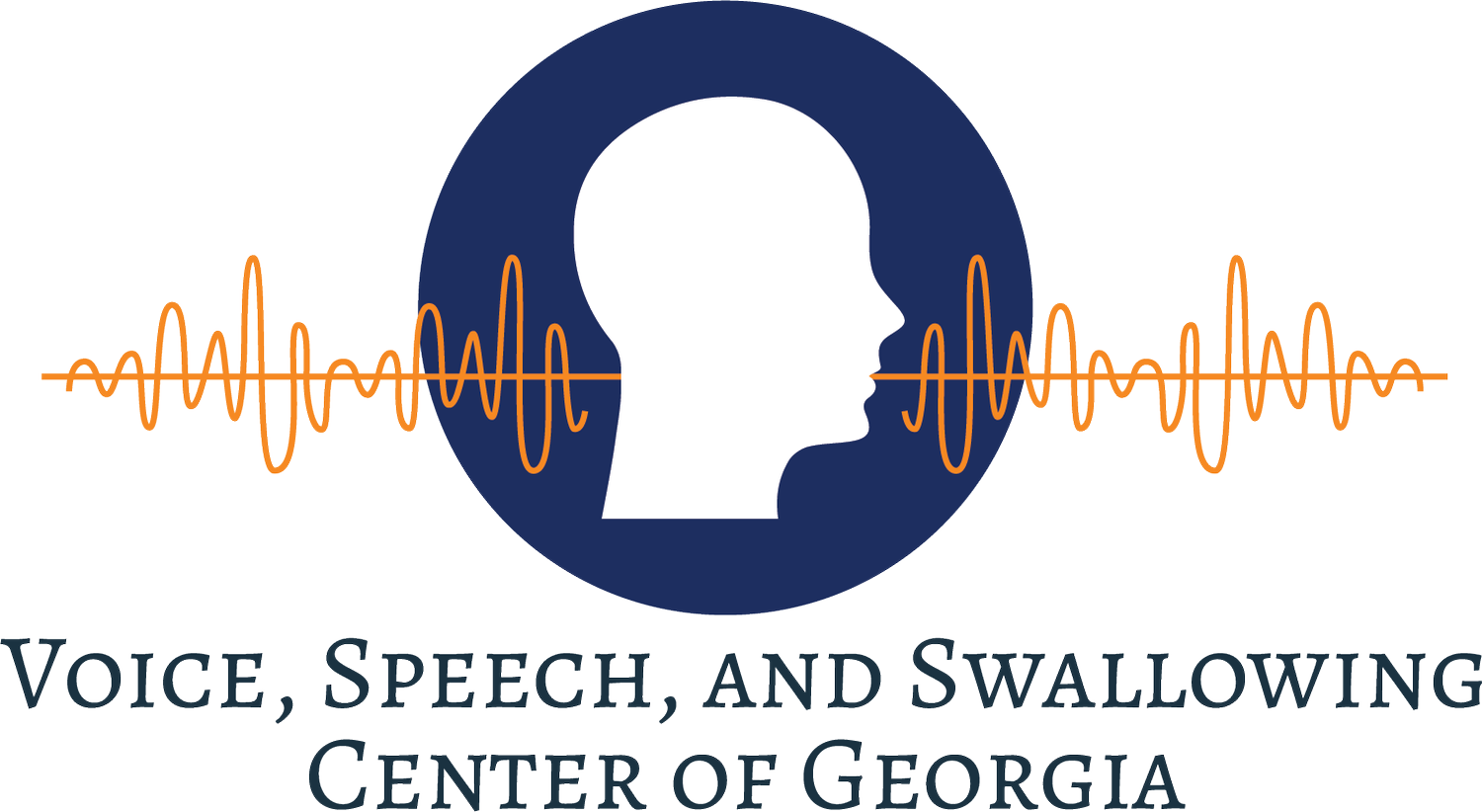
-
Voice Disorders
A voice disorder refers to any abnormality or dysfunction in the production of vocal sounds. It involves difficulties or changes in the pitch, loudness, quality, or resonance of the voice that impact an individual's ability to communicate effectively.
-
Swallowing Disorders
A swallowing disorder, also known as dysphagia, refers to difficulties or abnormalities in the swallowing process. Swallowing is a complex action that involves the coordination of various muscles and structures to move food or liquids from the mouth to the stomach. When there is a disruption or impairment in this process, it can lead to swallowing difficulties.
-
Speech Disorders
A speech disorder in adults refers to a condition where there are difficulties or abnormalities in the production of speech sounds or the overall clarity of speech. It can affect the articulation (pronunciation) of sounds, fluency (the flow of speech), voice quality, or overall intelligibility of speech.
-
PVFM/Vocal Cord Dysfunction
PVFM stands for Paradoxical Vocal Fold Movement. It is also known as Vocal Cord Dysfunction (VCD) or Exercise-Induced Laryngeal Obstruction (EILO). PVFM is a condition where there is an abnormal closure or narrowing of the vocal cords (vocal folds) during inhalation, exhalation, or both, which can lead to breathing difficulties.
-
Lymphedema Management
Often lymphedema, or tissue swelling, occurs in patients receiving radiation for head and neck cancer. We are trained and certified in managing lymphedema in the head and neck area.
-
Myofascial Release
Myofascial release is a technique used in speech therapy that focuses on releasing tension and improving movement in the muscles and fascia of the body, particularly in the head, neck, and facial areas. Fascia is a connective tissue that surrounds and supports muscles, bones, and organs throughout the body.
-
Language/Aphasia
Aphasia is a language disorder that affects a person's ability to understand, produce, or use language. It typically occurs as a result of brain damage, most commonly due to stroke, but it can also be caused by brain tumors, traumatic brain injury, or degenerative neurological conditions such as Alzheimer's disease.
-
Cognition/TBI
A cognitive communication disorder refers to difficulties in communication that arise from underlying cognitive impairments or deficits including traumatic brain injury, stroke or dementia. These deficits can affect a person's ability to receive, process, organize, store, or retrieve information necessary for effective communication.
-
Cochlear Implant
Aural Rehabilitation is the process of learning how to listen and understand all of the new sounds coming from your implant. Research has shown that adults make faster progress in their understanding of speech and sounds using Aural Rehabilitation
-
LSVT/Parkinson's
LSVT stands for Lee Silverman Voice Treatment. LSVT focuses on addressing the speech and voice difficulties commonly associated with Parkinson's disease, such as reduced vocal loudness, monotone voice quality, and imprecise articulation. The treatment program is based on the principles of neuroplasticity, aiming to improve motor control and retrain the muscles involved in speech production.
-
Alternative and Augmentative Communication
Alternative and Augmentative Communication (AAC) refers to methods or systems used to support or supplement communication for individuals with communication difficulties or impairments. AAC is employed when speech is limited, ineffective, or absent due to various conditions such as developmental disabilities, neurological disorders, or acquired injuries.
-
Head and Neck Cancer
Chemo and radiation therapy can lead to changes in the tissues and muscles in the throat and neck region, making swallowing challenging. Prophylactic exercises are used to prevent this dysfunction. Specialized treatment protocols aim to improve the individual's ability to swallow safely and efficiently, thereby preventing complications such as aspiration (food or liquid entering the airway) and malnutrition.
What People Are Saying
Contact us.
Use this form to contact us. You may also email or call us to make an appointment.
info@georgiaspeech.com
(P)(478) 561-1444
(F)(706)739-4703







